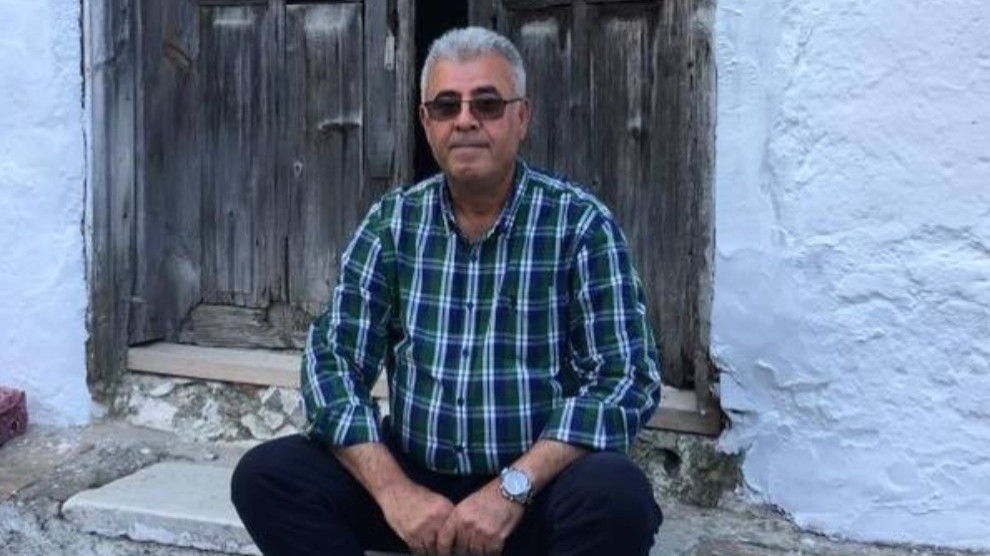Kurdish man dies of Covid-19 in London
Hayri Ergönül died of Covid-19 in London. The 55-year-old Alevi Kurd was a survivor of the pogrom directed against Alevis in Maraş in 1978.
Hayri Ergönül died of Covid-19 in London. The 55-year-old Alevi Kurd was a survivor of the pogrom directed against Alevis in Maraş in 1978.

The corona pandemic is also claiming more and more lives in the UK. In London, 55-year-old Hayri Ergönül from the Kurdish Alevi community has died of Covid-19. He had been treated in the intensive care unit of a hospital in North London after the corona infection was diagnosed on 12 March. His wife was also infected but has been discharged from the hospital as cured.
Hayri Ergönül survived the pogrom of Maraş on December 19, 1978. The then twelve-year-old had to watch his parents and his elder brother being murdered. Because he was drenched in his brother's blood, it was initially assumed that he was also dead.
"Great Loss"
Kurds living in London speak of a great loss. Author Ahmet Güven called Ergönül a "very valuable and constructive friend". Ali Poyraz of the Kurdish People's Council pointed out the "combative and solidary" character of Ergönül. Israfil Erbil, the chairman of the Alevi Federation of Britain, said: "He had asthma and bronchitis. His death is a great loss for us."
"I was twelve years old at the time"
Hayri Ergönül had reported in an interview how he had experienced the pogrom at that time: "We lost five people in the massacre of Maraş. Three were from our family, two were guests. My mother, my father, my elder brother and two visitors, both were teachers, were murdered. The people attacked our houses with axes, knives, firearms, sticks and similar means. They had petrol canisters in their hands and set fire to the previously marked houses and shops. They attacked the people. I was 12 years old at the time. There was nothing I could do and I had to watch everything. The state forces did nothing to ensure safety."